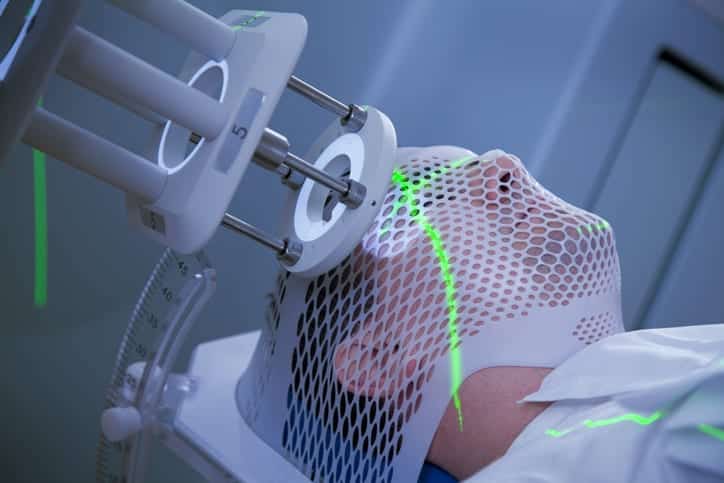
When you undergo surgery, you expect your recovery to include the healing of your incision location. But that’s not the case with a certain type of surgery we perform at Texas Neurosurgery — stereotactic radiosurgery (SRS).
In stereotactic radiosurgery, we use high doses of radiation to target tumors and other problems in the brain and other parts of the body. SRS was initially performed to shrink or slow the growth of tumors only in the brain, but its use has expanded. Unlike traditional surgery, there is no incision.
Uses for stereotactic radiosurgery
Stereotactic radiosurgery was developed over 50 years ago. It provided surgeons a far less invasive and safer alternative to standard brain surgery. It eliminated the need for incisions in the skin, skull, and membranes surrounding the brain and brain tissue. Uses have continued to expand.
- Brain tumors — SRS is used to treat both benign and malignant brain tumors. It can also be used on tumors that have spread to the brain from other parts of the body.
- Arteriovenous malformation (AVM) — AVMs are abnormal tangles of arteries and veins in the brain. AVMS can disrupt the normal flow of blood and lead to brain hemorrhage or stroke. SRS is used to destroy the AVM, causing the affected blood vessels to close off over time.
- Trigeminal neuralgia — This nerve disorder in one or both of trigeminal nerves causes extreme facial pain that feels like an electric shock. SRS targets the nerve root to disrupt these pain signals.
- Acoutic neuroma — These are noncancerous tumors that develop along the main balance and hearing nerve leading from your inner ear to your brain. As the tumor grows it can put pressure on the nerve. This can lead to hearing loss, dizziness, loss of balance, and tinnitus (ringing in the ear). SRS is used to stop the growth or minimize the size of an acoustic neuroma.
- Pituitary tumors — Tumors that develop in the pituitary gland at the base of the brain can disrupt the control of various bodily functions, such as metabolism, stress response, growth, and sexual function. SRS can shrink the tumor.
- Tremors — SRS can be used to treat the tremors that come with Parkinson’s disease or essential tremor.
At Texas Neurosurgery, our experienced team of neurosurgeons is excited by the continuing growth in the use of stereotactic radiosurgery for our patients. If you have questions about these procedures, please call us at (214) 823-2052.

